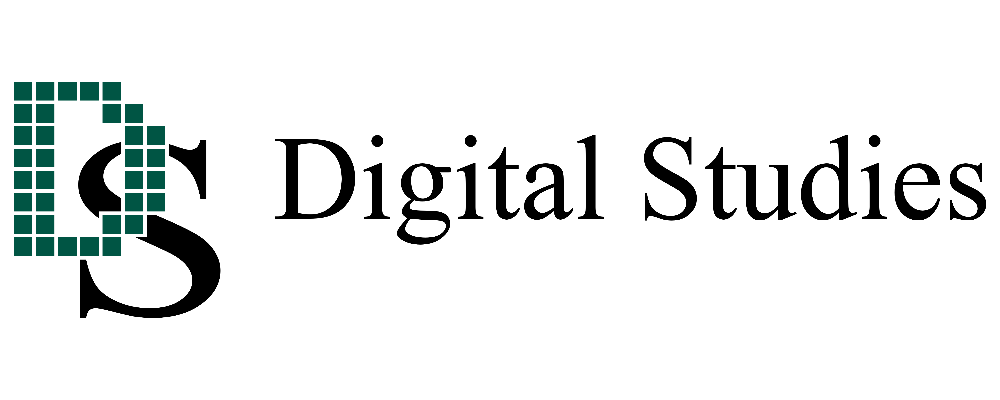Abstract
Reading Husserl’s Origin of Geometry
Session of January 13, 2015, recorded in the Centre Pompidou (Salle Triangle)
After a mathematical formation, Husserl founded phenomenology, a philosophical approach which had a major influence on the 20st century’s thought. Contrarily to a trivial image, which tends to call “phenomenological” all invocation of lived experience in the contemporary philosophical discourse, the initial enquiry of Husserl’s Logical Investigations is not the “return to the things themselves” or the “consciousness” as such, but rather the problem of the possibility of knowledge: how is the experience “thinkable”? The answer to this question cannot be formulated in a new theory and thanks to classical philosophical concepts: on the contrary, it requires the establishment of a new thought discipline, allowing to access to a new field or research, and involving to quit the natural language as well as the renewing of concepts inherited from tradition and spoiled by their past meanings. Nicolas Fernando de Warren will show that this awakening of phenomenological thought to its own speech is actually a writing, which is non-dissociable in Husserl’s case from the shorthand practice. The use of this cursive writing system allows him to capture directly the living act of his thought within a notation which gives solidity and materiality to the phenomenological experimentation and reflection. Their chaotic, telegraphic and exploratory style is due to the fact that Husserl does not write to communicate his ideas or views, but to make his own conceptual discoveries.
This writing practice is not trivial from the philosopher, when one knows that in 1936, in his last work, writing acquires a new status within his phenomenological researches: before rejected from the transcendental field as an empirical trace, it becomes in The Origin of Geometry the condition of the intrinsic possibility of the ideal objectivity and of the acts of objective knowledge. In other words, writing is no longer only the mnemonic aid of a truth which could theoretically avoid any graphical consignment: on the contrary, and paradoxically, as long as it cannot be traced into the empirical world, the truth is not fully objective, that is, idealized, intelligible for all and everlasting. Therefore, in The Origin of geometry, Husserl aims at understanding the production of scientific ideal objects from empirical, limited and pre-scientifical materials – a problematic at the heart of Giuseppe Longo’s lecture.
Video of the session
